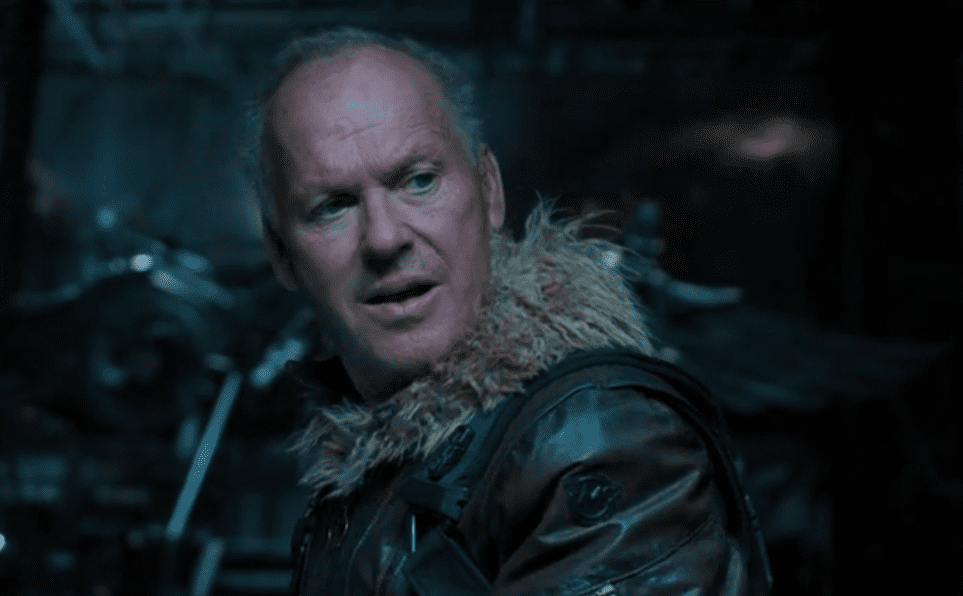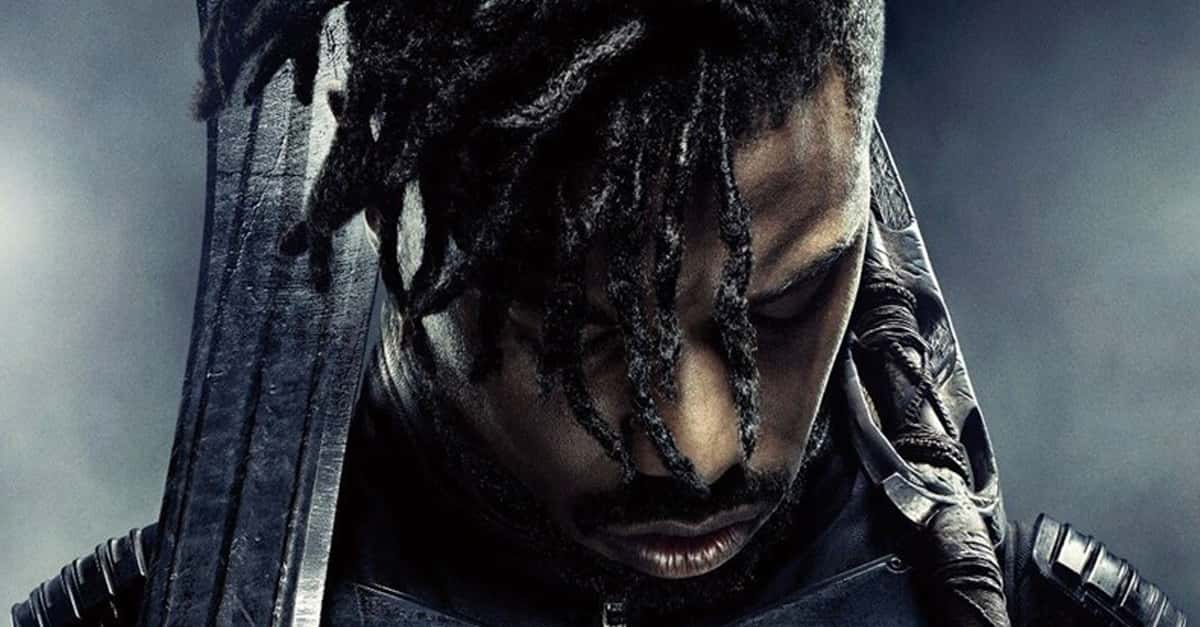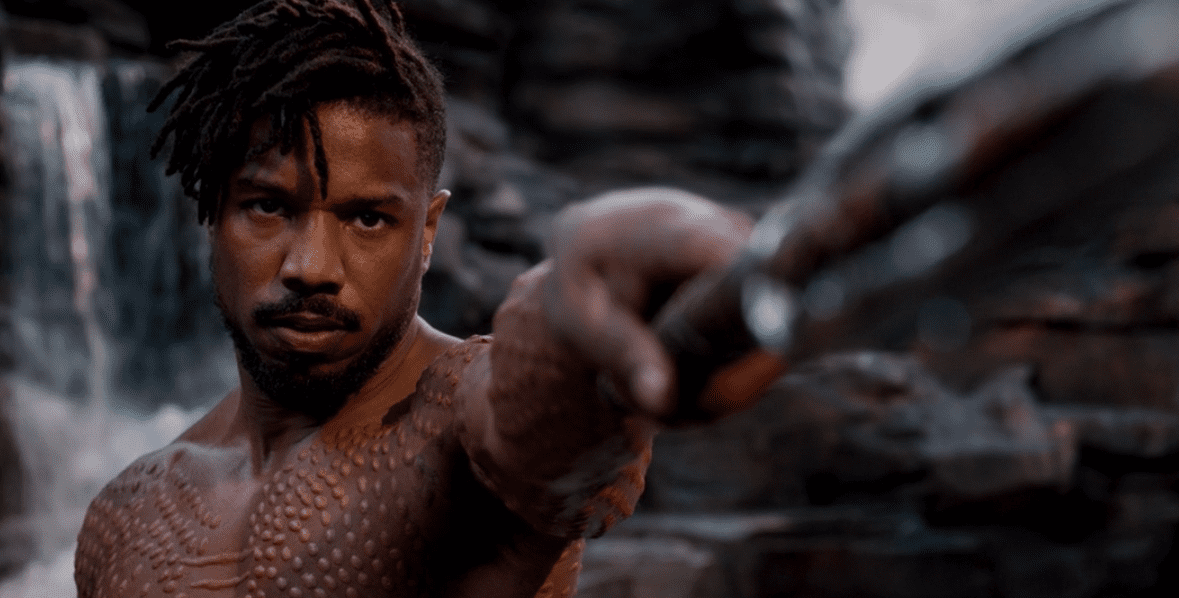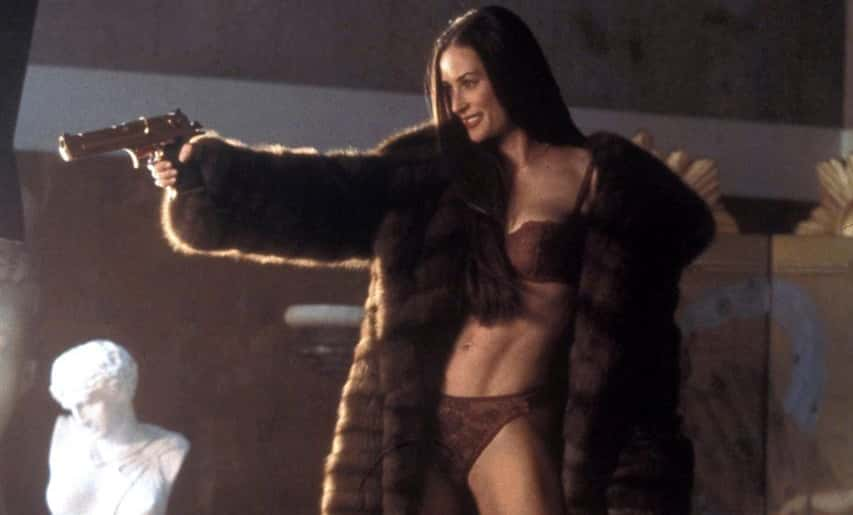Alfred Hitchcock once said, “The more successful the villain, the more successful the picture.” He was right. From Norman Bates and the Joker to Hannibal Lecter and Darth Vader, villains energize films with their need for rebellion and their unrelenting drive to get what they want. Villains can make or break a movie—and they aren’t around just to propel the plot and enhance the hero’s goodness.
The best villains steal the show because they reveal what their more one-dimensional kin only suggest: The world is an unfair place, so why do we assume that being “good” is the same thing as playing by the rules? If the rules are bad, shouldn’t they be broken? Villains are ways for us to explore our repressed desires and imagine new ways of existing in the world. The most compelling baddies make viewers think, “Huh. They actually have a point.”
After all, the word “monster” comes from the Latin verb for “to show” for a reason. Villains exist to reveal something crucial about our values, morals, and societies. Their defiance and transgression give us a rare opportunity to perceive our own perception and rethink the way we understand the world.
“Killmonger Was Right”
When Erik Killmonger burst onto the scene in Black Panther, his multifaceted character stoked a major debate about villains and villainy. Set against T’Challa, the King of the Afrofuturist nation of Wakanda, Killmonger is the bitter cousin who never got to wear the crown. His goal is simple: Wakanda hoards its wealth and technology instead of using them to help struggling Black communities, like in Oakland where Killmonger grew up.
Killmonger’s belief system struck a chord with viewers and critics. When the film came out in theaters, so did articles with headlines like “Is Erik Killmonger a Hero or a Villain?”, “All Hail King Killmonger,” and “Why Erik Killmonger is the Real Hero of Black Panther.” If you Google his name, the top related search is “Killmonger was right.”
Liberation or Empire?
But as Adam Serwer points out in The Atlantic, things are more complicated. Killmonger’s goal isn’t Black liberation—rather, he wants to build an empire. Because Killmonger grew up in a post-colonial America, he understands power based on the ideas that define colonization: domination and sway concentrated in a few and exercised over many. Killmonger doesn’t even want an heir—he wants to reign absolutely and make sure that “the sun will never set on the Wakandan empire” (an explicit reference to British colonialism). Killmonger has become the colonial monster he tried to defeat.
This bait-and-switch isn’t uncommon. The villain’s point of view often starts off seeming reasonable, only to mutate into something twisted and cruel. In Spider-Man: Homecoming, Michael Keaton’s salvage worker Adrian Toomes rightfully points out Tony Stark’s greed and hypocrisy. The Avengers destroyed the city during a battle, and then Stark strikes a deal to get his company the work of cleaning it up. In the process, a major corporation overtakes a contract that was held by an independent business. Toomes needs the work—and even though Stark is beyond wealthy, Stark is the one who gets it. The backstory of Madison Lee (Demi Moore’s villain in the Charlie’s Angels sequel) is similarly sympathetic. Because Charlie never gave his Angels bullet-proof vests, Madison nearly dies on a mission and decides to strike out on her own.
 Spiderman: Homecoming, Sony Pictures
Spiderman: Homecoming, Sony Pictures
Take Backsies
As valid as Toomes’ and Lee’s critiques of corporations and workplace oversight may be, they are both undone by the time the credits run. Toomes starts as David and becomes Goliath, heartlessly killing his own employees. Shouldn’t the pro-worker’s rights guy we met at the beginning of the movie have a problem with that? Madison begins the film as an inspiring female business owner and ends it as a brutal murderer, set on exposing protected witnesses to mob bosses. So much for protecting the vulnerable.
In the words of Katherine, a PhD student who co-hosts a feminist film podcast, this narrative arc does more harm than we may realize. Villains are “never just people who question authority.” Instead, their questioning of authority becomes a “smokescreen for pure sadism.”
Because this transformation infiltrates so many movies, viewers learn to interpret “questioning society” and “being evil” as one and the same. That is a profoundly dangerous message to send, especially to the young people who learn about morality from the Marvel cinematic universe.
The One and the Many
These concerns took center stage when The Dark Knight Rises concluded Christopher Nolan’s Batman trilogy in 2012. As many viewers and critics noticed, the movie’s class conflict plot—which sees one-percenter Bruce Wayne face off against impoverished Bane—used very suggestive images. Bane’s rallies and demonstrations looked suspiciously like the Occupy Wall Street movement, leading people to wonder: Is The Dark Knight Rises conflating a non-violent protest against the ravages of capitalism...with full-on terrorism?
Nolan denied the accusations (and to his credit, the script was finished before the Occupy movement began), but art is as much about reception and interpretation as it is about intention. Whether Nolan meant it or not, his film helpfully distills the problem at the heart of so many heroic sagas. Instead of painting activists as admirable vigilantes (like Batman, who also bends the rules and demands change), people who want to fix social problems get lumped in with evil villains who destroy the world out of sadism and greed, not a desire to rebuild it in a way that is good.
 The Dark Knight Rises, Warner Bros. Pictures
The Dark Knight Rises, Warner Bros. Pictures
To Be Continued...
There are ways to represent activism without simplifying it into pure evil (Adrian Toomes, Madison Lee) or suggesting that all agitators will devolve into the systems they wanted to defeat (Erik Killmonger)—but so far, popular action movies have struggled to put these into practice. Often, we get a watered-down compromise where the hero plucks a punkish kid out of obscurity and recruits them as a sidekick. Another option sees a villain reform and team up with the good guys.
Neither of these options actually deals with the problem at hand, which is the way that action movies sort people into discrete piles of “good” and “evil.” The heroes who work alongside law enforcement are good, even as systemic racism and low conviction rates in sexual assault cases show that the justice system is profoundly flawed. When we learn to side with this vision of goodness, which is so often code for the established order, we may not learn to value our own moral priorities. True to their origins, villains and monsters may reveal a viewer’s true values far more than their heroic counterparts.
Sources: 1, 2, 3, 4, 5, 6, 7, 8, 9, 10, 11, 12, 13, 14, 15, 16, 17














